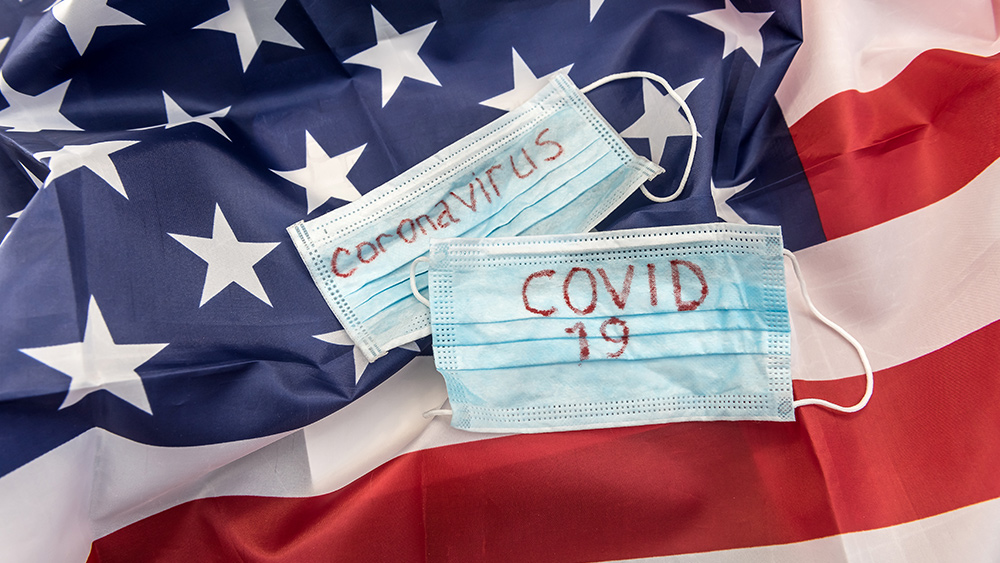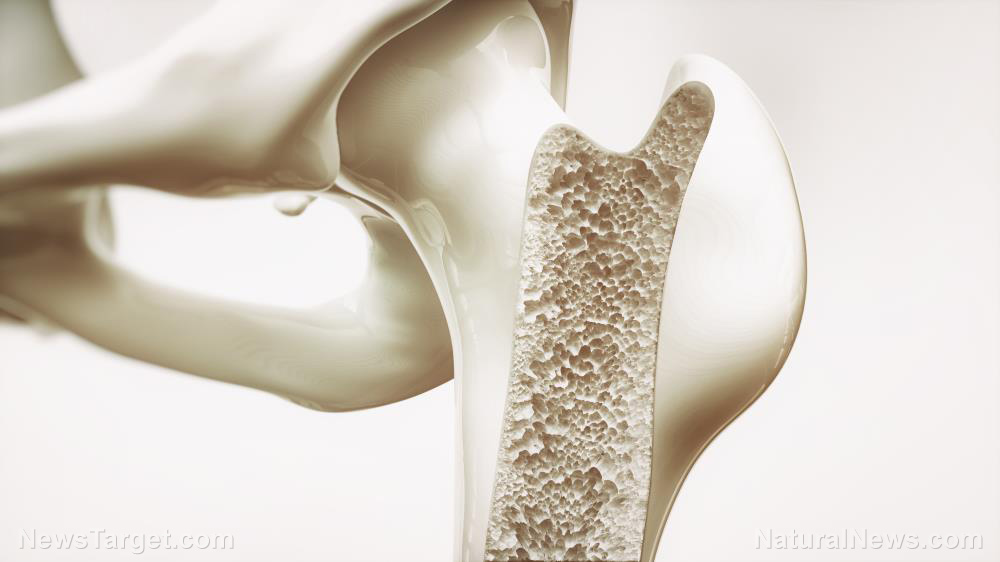Study investigates the potential of Carpolobia lutea as a natural sedative
06/24/2020 / By Evangelyn Rodriguez

In this study, researchers from Nigeria and Uganda investigated the effect of Carpolobia lutea ethanolic root extract on the locomotor and exploratory behavior of Swiss white mice. Their findings were published in The Journal of Phytopharmacology.
- C. lutea is widely used as an alternative medicine for various illnesses, especially in western Africa, where it is found.
- To explore the biological properties of this medicinal plant, the researchers used the open field maze and a light-dark transition box and observed the behavior of 30 male Swiss mice.
- They divided the mice into three groups:
- Group I (control group) — received 0.9 percent normal saline
- Group II — received 200 mg/kg body weight C. lutea ethanolic root extract
- Group III — received 400 mg/kg body weight C. lutea ethanolic root extract
- Administration of the treatments occurred via oral gavage five minutes before the animals were introduced to the experimental mazes.
- The researchers reported that the number of line crosses, frequency of rearing, walling activity and central square entries following treatment was dose-dependently decreased in groups II and III.
- They also observed a corresponding increase in frequency and duration of freezing behavior in the extract-treated groups.
- These imply that the C. lutea ethanolic root extract reduces locomotor and exploratory behavior, which suggests sedative properties.
Based on these findings, the researchers concluded that C. lutea can reduce the activity of the amygdala and exert a calming effect on mice.
Journal Reference:
Beshel JA, Beshel FN, Ujong GO, Imade OV, Bisong SA. SEDATING PROPERTY OF ETHANOLIC ROOT EXTRACT OF CARPOLOBIA LUTEA IN SWISS WHITE MICE. The Journal of Phytopharmacology. 2019;8(2):38-40
Tagged Under: alternative medicine, brain function, calming effect, Carpolobia lutea, herbal medicine, Herbs, mental health, natural medicine, plant medicine, research, Sedative



















